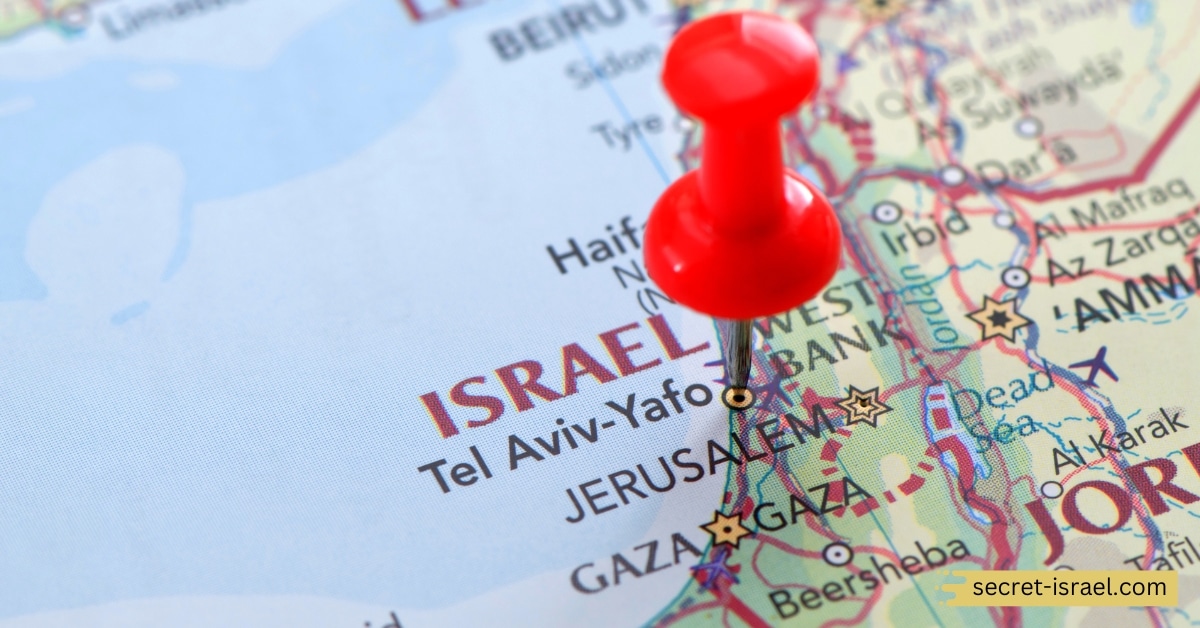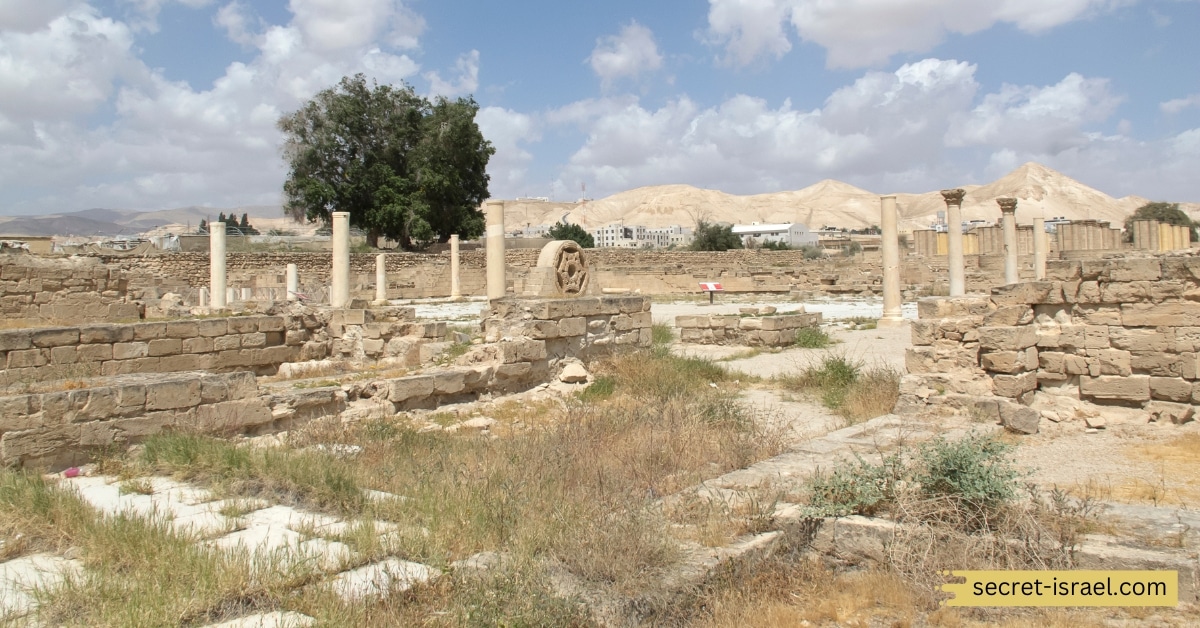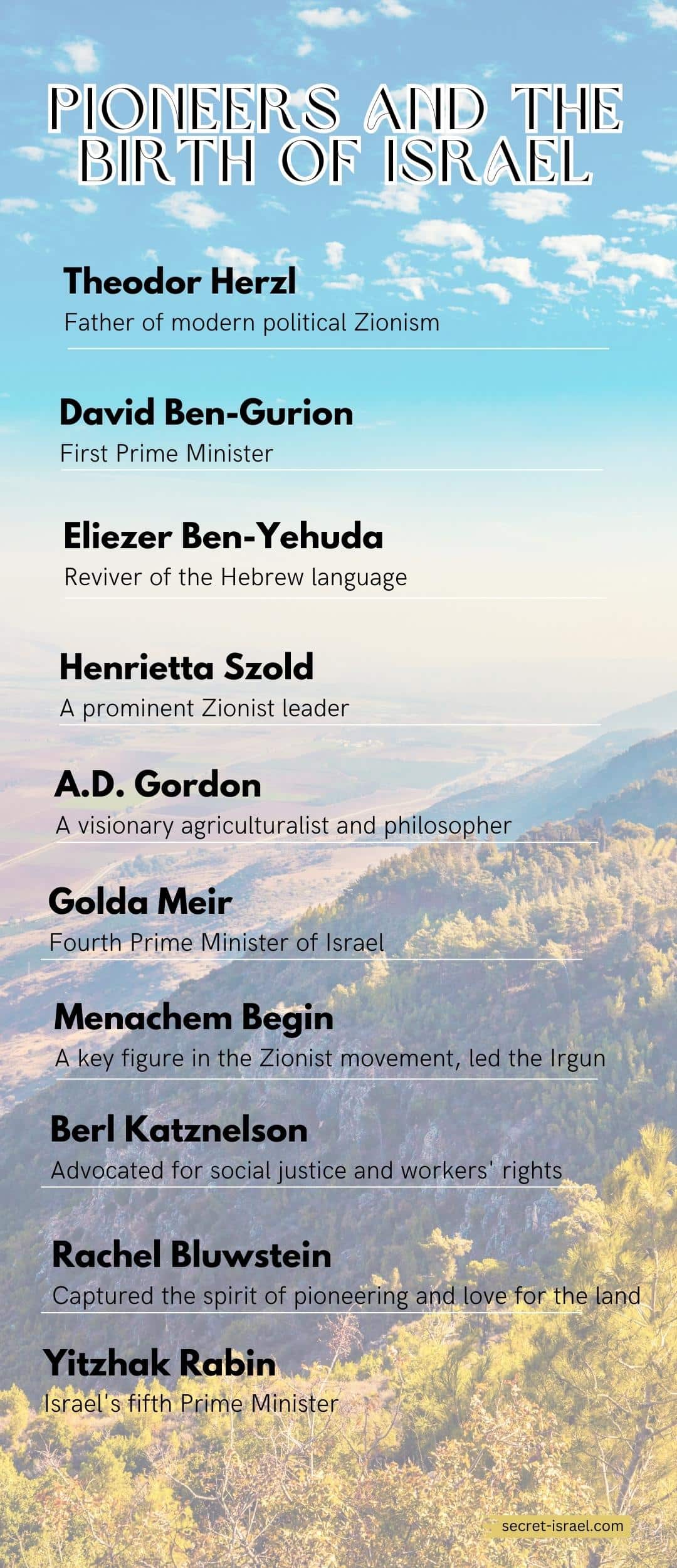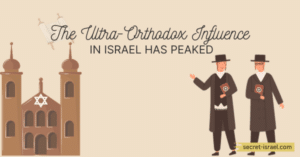The Origins of Israel – From biblical roots to a modern state, this blog explores Israel’s Promised Land, its ancient roots through archaeology, pioneering figures, and the political developments from the British Mandate to independence. Discover the captivating history of one of the world’s most intriguing nations in this insightful exploration.
Join us on this journey through time to gain insight into the fascinating roots of one of the world’s most captivating nations.
Tracing Israel’s Origins
The history of Israel and its people can be traced back to the ancient Near East, where it existed as a small kingdom with an agricultural-based economy. Over time, it faced countless challenges and underwent several changes, including conquests, migrations, and religious and political transformations.
The origins of Israel have been explored for centuries and continue to be a topic of interest amongst historians, anthropologists, theologians, and scholars worldwide. By piecing together historical documentation, archeological evidence, and textual analysis, we can gain a deeper understanding of the country’s rich cultural and religious heritage that spans millennia.

The Promised Land and the Israelite Tribes
The Promised Land and the Israelite Tribes hold significant importance in understanding the origins of Israel. According to the biblical narrative, the Promised Land refers to the territory of Canaan, bestowed upon the Israelites by God.
It symbolized the fulfillment of the covenant with their ancestor Abraham. The Israelite tribes descended from Jacob’s twelve sons, played a crucial role in settling and dividing the land. Led by Joshua, they conquered various regions of Canaan, with each tribe receiving a designated portion as their inheritance.
This tribal division contributed to the cultural and religious diversity among the Israelites. The concept of the Promised Land and the unity of the twelve tribes served as a unifying force, shaping the identity of the Israelites as a chosen people with a divine destiny.
While the historical accuracy of these narratives remains debated, they continue to hold immense significance in the cultural and religious identity of modern Israel.

Uncovering Israel’s Ancient Roots
Uncovering Israel’s ancient roots has been achieved through archaeological excavations and the study of ancient texts. Key discoveries, such as:
- The ancient city of Jericho has provided evidence of continuous habitation and aligns with biblical accounts.
- Excavations at Megiddo have revealed insights into ancient Israel’s political and military history.
- Tel Hazor’s remains have shed light on urban planning, religious practices, and the society of ancient Israel.
- Inscriptions and manuscripts, such as the Tel Dan Stele, have corroborated biblical narratives.
The combination of archaeological findings and historical research has pieced together a comprehensive understanding of Israel’s ancient civilization, revealing aspects of daily life, religious customs, political structures, and cultural traditions. The ongoing exploration of Israel’s ancient roots continues to deepen our knowledge of this remarkable civilization and its historical development.

Pioneers and the Birth of Israel
The establishment of Israel as a modern nation involved the contributions of dedicated pioneers who played pivotal roles in shaping the foundation of a Jewish homeland. These pioneers, driven by a desire for self-determination and a national Jewish state. Undertook remarkable efforts in various fields, including political activism, settlement, agriculture, education, and cultural development. Their collective endeavors laid the groundwork for the birth of Israel as a sovereign nation.

- Theodor Herzl: Considered the father of modern political Zionism, Herzl’s influential book “The Jewish State” emphasized the necessity and feasibility of establishing a Jewish homeland, sparking the Zionist movement.
- David Ben-Gurion: As the primary architect of the State of Israel, Ben-Gurion served as the first Prime Minister and played a key role in the country’s political and military development.
- Eliezer Ben-Yehuda: Renowned as the reviver of the Hebrew language, Ben-Yehuda’s efforts to modernize and promote Hebrew played a crucial role in establishing it as the official language of Israel.
- Henrietta Szold: A prominent Zionist leader, Szold dedicated herself to humanitarian work and was instrumental in establishing social welfare institutions, including the Hadassah Women’s Organization.
- A.D. Gordon: A visionary agriculturalist and philosopher, Gordon advocated for Jewish labor and pioneered the establishment of collective farming communities, emphasizing self-reliance and the connection between land and people.
- Golda Meir: Meir served as the fourth Prime Minister of Israel and played an important role in strengthening diplomatic ties and guiding the nation through challenging times, including the Yom Kippur War.
- Menachem Begin: Begin, a key figure in the Zionist movement, led the Irgun, a paramilitary group involved in the struggle for Jewish independence. He later became the sixth Prime Minister of Israel.
- Berl Katznelson: Katznelson was an influential leader and thinker who advocated for social justice and workers’ rights, shaping the ideology of Labor Zionism.
- Rachel Bluwstein: Known as Rachel the Poetess, Bluwstein’s lyrical poetry captured the spirit of pioneering and love for the land, becoming an enduring symbol of Zionist literature.
- Yitzhak Rabin: Rabin served as Israel’s fifth Prime Minister and played a significant role in achieving peace agreements, most notably the Oslo Accords, for which he was awarded the Nobel Peace Prize.
Political Developments: From British Mandate to the State of Israel
The political developments leading to the establishment of the State of Israel involved the British Mandate for Palestine, the Arab-Jewish conflict, the United Nations partition plan, and the subsequent declaration of independence.
The British Mandate, established in 1922, aimed to create a Jewish homeland while protecting Arab rights. Tensions between Jews and Arabs escalated, leading to violence and unrest.
The United Nations proposed a partition plan in 1947, accepted by Jewish leaders but rejected by Arab nations. On May 14, 1948, Jewish leaders proclaimed the State of Israel, leading to a year-long conflict with neighboring Arab countries.
Ceasefire agreements were eventually signed, but a comprehensive peace agreement remained elusive. The establishment of Israel fulfilled Zionist aspirations, but it also led to the displacement of Palestinians and deepened the Arab-Israeli conflict.
Despite ongoing challenges, Israel has flourished in various fields and plays a significant role in the region’s geopolitics. The political developments during this period continue to shape the Middle East’s history and the unresolved Israeli-Palestinian conflict remains a central issue.

In conclusion
The origins of Israel are a complex topic that demands careful examination of historical and archeological evidence. Throughout the course of history, Israel has faced many challenges and has undergone numerous transformations.
Understanding Israel’s origins requires studying the cultural, religious, and political factors that shaped its development over the years. Despite the controversies surrounding the history of Israel, one cannot overlook its significant contributions to shaping the world’s political and social landscape.
From agriculture to technology, Israel has produced remarkable achievements and continues to thrive in various fields. The origins of Israel are a crucial piece of world history that deserves further exploration and study.












